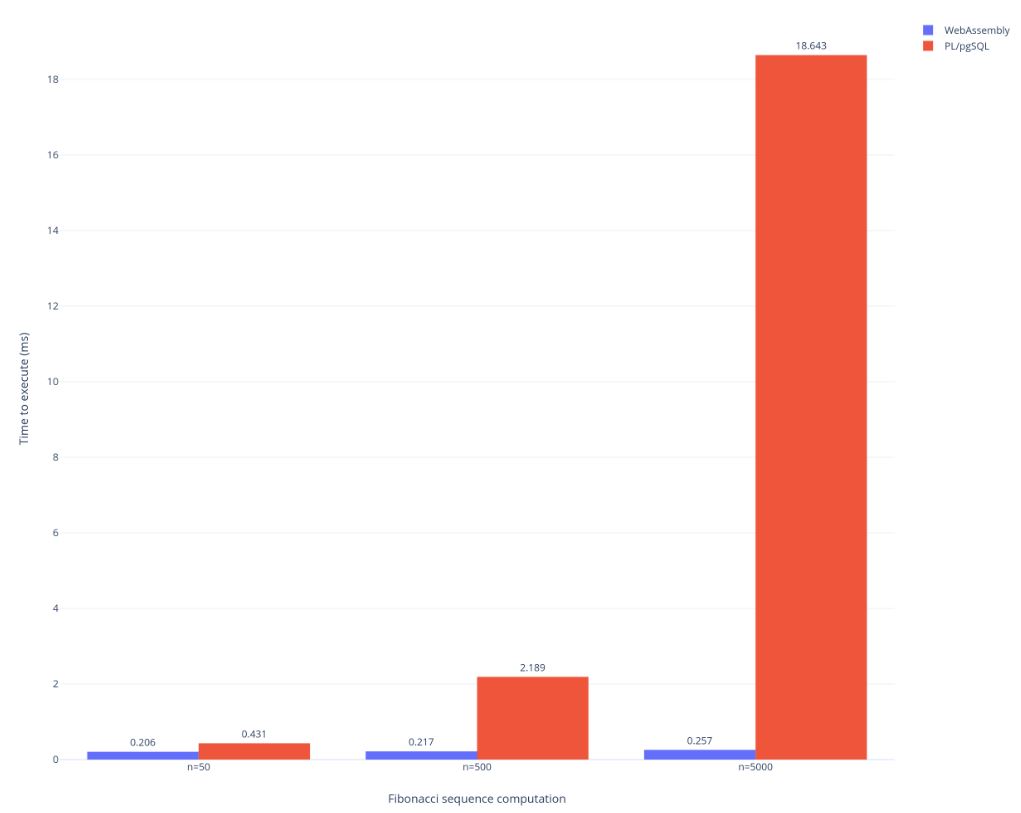Wasmer, the WebAssembly runtime have been successfully embedded in many languages like Rust, Python, Ruby, PHP, and Go. Yesterday, Ivan Enderlin, a PhD Computer Scientist at Wasmer, announced a new Postgres extension version 0.1 for WebAssembly. Since the project is still under heavy development, the extension only supports integers (on 32- and 64-bits) and works on Postgres 10 only. It also does not support strings, records, views or any other Postgres types yet.
Announcing the first Postgres extension to run WebAssembly https://t.co/lHrAhZ210P this is cool, you can now run WebAssembly code in your database!
— WebAssemblyWeekly (@WasmWeekly) August 30, 2019
The official post states, “The goal is to gather a community and to design a pragmatic API together, discover the expectations, how developers would use this new technology inside a database engine.”
The Postgres extension provides two foreign data wrappers wasm.instances and wasm.exported_functions in the wasm foreign schema. The wasm.instances is a table with an id and wasm_file columns. The wasm.exported_functions is a table with the instance_id, name, inputs, and outputs columns. Enderlin says that these information are enough for the wasm Postgres extension “to generate the SQL function to call the WebAssembly exported functions.”
Read Also: Wasmer introduces WebAssembly Interfaces for validating the imports and exports of a Wasm module
The Wasmer team ran a basic benchmark of computing the Fibonacci sequence computation to compare the execution time between WebAssembly and PL/pgSQL. The benchmark was run on a MacBook Pro 15″ from 2016, 2.9Ghz Core i7 with 16Gb of memory.

Image Source: Wasmer
The result was that, “Postgres WebAssembly extension is faster to run numeric computations. The WebAssembly approach scales pretty well compared to the PL/pgSQL approach, in this situation.”
The Wasmer team believes that though it is too soon to consider WebAssembly as an alternative to PL/pgSQL, the above result makes them hopeful that it can be explored more.
To know more about Postgres extension, check out its Github page.
Read Next
5 barriers to learning and technology training for small software development teams
Mozilla CEO Chris Beard to step down by the end of 2019 after five years in the role
JavaScript will soon support optional chaining operator as its ECMAScript proposal reaches stage 3










![How to create sales analysis app in Qlik Sense using DAR method [Tutorial] Financial and Technical Data Analysis Graph Showing Search Findings](https://hub.packtpub.com/wp-content/uploads/2018/08/iStock-877278574-218x150.jpg)


